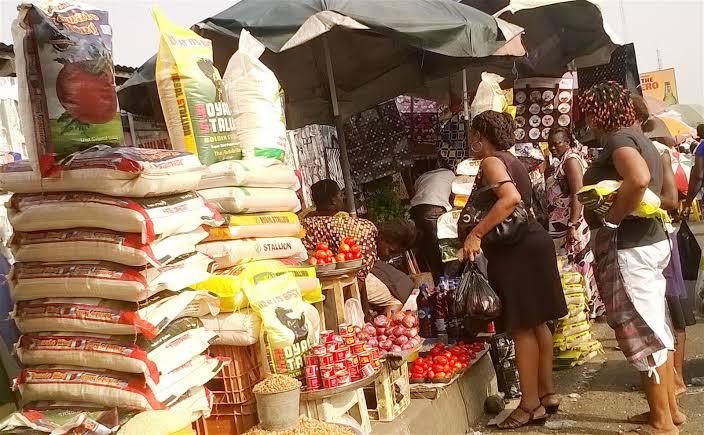Business
Customers purchasing power dropped as prices rose fastest in November —Stanbic IBTC Report

The purchasing powers of Nigerians dropped as purchase prices rose at the fastest pace in November in almost two years.
This was driven by naira depreciation and higher costs for fuel and materials, a Stanbic IBTC Purchasing Managers Index, PMI survey report for the month has shown.
The report indicated that companies in Nigeria continued to be negatively impacted by strong inflationary pressures in November, with new orders and output falling as customers were either reluctant or unable to pay higher charges.
The report further stated: “The declines in output and new orders generally reflected steep price rises and the impact these had on customer demand. Companies raised their selling prices rapidly again in November, with the rate of inflation slowing only slightly and remaining among the strongest on record. Close to half of all respondents raised their charges during the month.
READ ALSO:Food inflation soars as prices of foodstuffs increase
“The rise in selling prices was in response to higher input costs. Purchase price inflation quickened to a near two-year high on the back of exchange rate weakness and higher costs for fuel and materials.
A Purchasing Managers Index, PMI reading above 50.0 signals an improvement in business conditions on the previous month, while readings below 50.0 show a deterioration.
The report said: “At 48.0 in November, down from 49.1in October, the headline PMI remained below the 50.0 no-change mark for the second month running midway through the final quarter of the year.
The index signaled a modest deterioration in business conditions and one that was the most marked since the cash crisis in the opening quarter of the year.
The overall decline in operating conditions was in large part driven by further reductions in output and new orders. Both fell for the second month running, and to greater extents than in October.
Activity decreased particularly strongly at wholesale and retail companies, while agriculture was the only sector that posted an increase in output.”
Join the conversation
Support Ripples Nigeria, hold up solutions journalism
Balanced, fearless journalism driven by data comes at huge financial costs.
As a media platform, we hold leadership accountable and will not trade the right to press freedom and free speech for a piece of cake.
If you like what we do, and are ready to uphold solutions journalism, kindly donate to the Ripples Nigeria cause.
Your support would help to ensure that citizens and institutions continue to have free access to credible and reliable information for societal development.






















